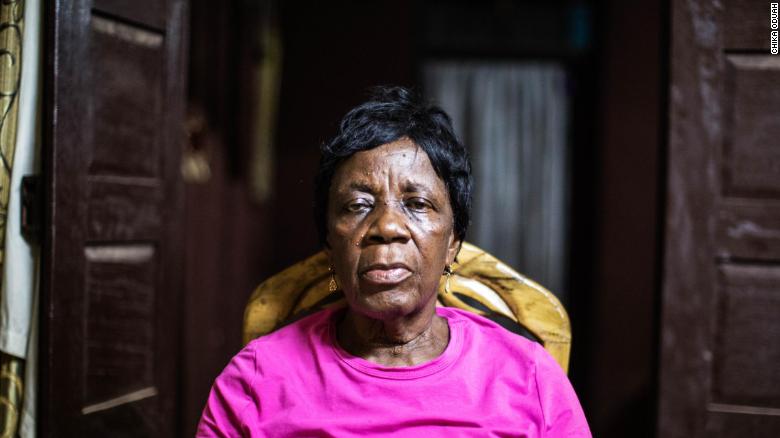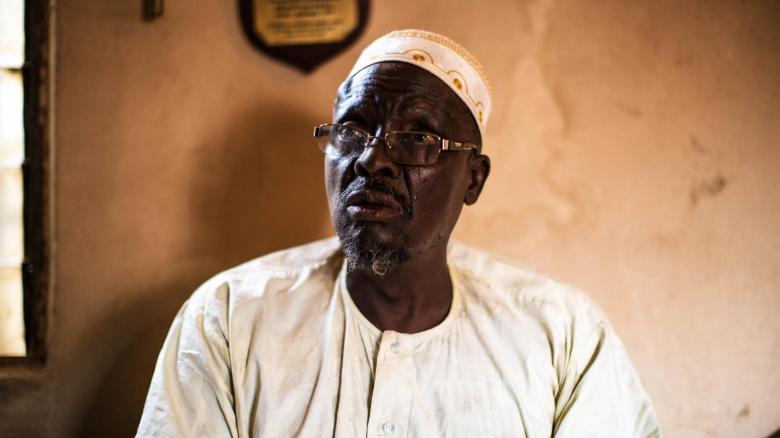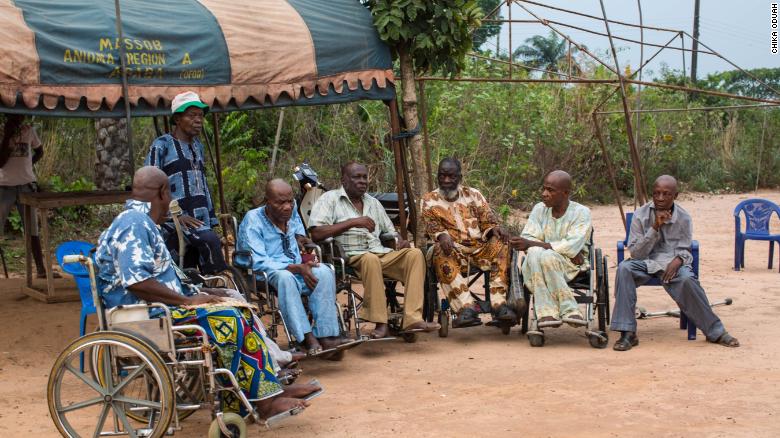My mother said she used to be a refugee and it was the way she said it that stayed with me. It was her anguished description of a time that I could not understand that drove me to try to understand it. I was a teenager and I was left wondering what she was talking about. Refugee? How? When?
My biggest question was this: Why did I not even know about this war, the first televised war in history…a war that even provoked Apple co-founder Steve Jobs to question the existence of God? Why did it take a random afternoon chat with my mom in an American suburb for me to find out?
Years later, I learned the answer.
I grew up in Atlanta, Georgia as the firstborn of Nigerian parents. In my quest to formulate my identity, I carried kente tote bags to school and wrapped my hair in head ties like the American soul singer Erykah Badu. “N****r go back to Africa”, “African-booty-scratcher”, “do Africans live in trees?” I heard it all in school and brushed the ignorance off like it was dust on my shoulder.
I grew up with a longing for knowledge about the African continent, but in school, there wasn’t much beyond the Egyptian pyramids, the trans-Atlantic slave trade and King Shaka Zulu.
That’s about it. A continent with pre-human bones dating back seven million years, where early societies developed agricultural and engineering techniques still being used today, a land of about two thousands languages and countless spiritual traditions was reduced to scanty paragraphs in a Houghton Mifflin Harcourt textbook.
I soon observed that in the schools I attended, Africa was mostly ignored and scorned. When I pressed my teachers more about the history of African countries, they’d recommend books written by Westerners.
That’s when it clicked. I got the answer I had been searching for. History is political, because it’s about power and the victor, the conquered and the conqueror, the ‘savage’ and the ‘civilized’ and in the telling of Africa’s history, ‘savages’ and losers don’t write history so the names of many philanthropists, teachers, healers, artists, activists, scientists, creators, queens and kings of societies in Africa have ceased to exist.
Victims of war don’t get to write the paragraph in the textbooks.
Massacres have been erased from time lines. Between 1904 and 1908, thousands of tortured Herero and Nama peoples in present-day Namibia fell at the hands of German troops in what has been described as the first genocide of the 20th century.
None of this is taught in the schools I went to, but I learned about another genocide: the Jewish Holocaust.
Beyond Biafra, there are so many moments of history in Africa that need more documentation by Africans to capture the way people experienced them.
Africans, we have to document our history. We must talk to our elders and cultural custodians to know what came before us. We should ask them to give us first-hand factual accounts of the past. Then, write it down. We must write it down. We can’t rely on our oral storytelling tradition. We must write with pen and paper and keyboards, blogs and Facebook pages.
Our history is being buried every time an elder dies. But we can stop our history from being buried.
I’ve begun asking the elderly about the Nigerian Biafran War. I sit down and ask them questions on camera. I listen to them talk about eating rats and dropping bombs on marketplaces.
Then, I upload the interviews online on a digital archive that I created in 2017 called
Biafran War Memories.
I upload the interviews so that my children’s children may know what happened in their ancestral lands, before they were born.




